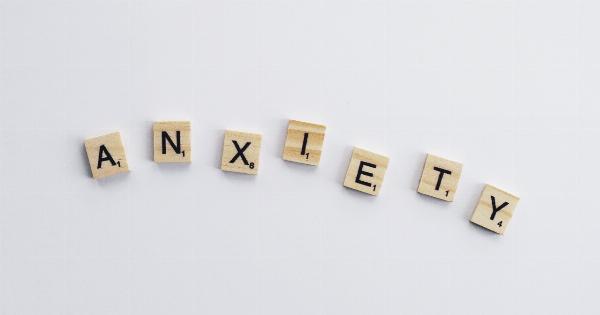Introduction:.
Mental disorders are conditions that affect a person’s thinking, feeling, behavior, or mood. They can make everyday activities challenging and often require professional intervention or treatment.
However, it is widely recognized that mental disorders can also have a unique relationship with creativity. Many famous artists, writers, musicians, and scientists throughout history have grappled with various mental health issues, and their struggles have often been intertwined with their creative output.
This article explores the complex interplay between mental disorders and creativity, shedding light on how these conditions can both hinder and enhance artistic expression.
The Dark Side of Creativity:
While mental disorders can be associated with heightened creativity, they also bring with them a host of challenges.
Individuals with mental health issues often face difficulties in their personal and professional lives, which can hinder their ability to fully nurture their creative potential. Depression, for example, is commonly associated with a lack of motivation, low energy levels, and feelings of worthlessness, making it incredibly challenging for artists to engage in their craft.
Similarly, anxiety disorders can lead to excessive worry, self-doubt, and difficulty concentrating, all of which can impede the creative process.
Mental disorders can also manifest as mood swings or erratic behavior, which can disrupt artistic focus and productivity.
For instance, bipolar disorder, characterized by alternating periods of mania and depression, may lead an artist from a highly productive phase to a prolonged period of creative drought. Substance abuse issues often co-occur with mental disorders, further exacerbating the obstacles faced by creative individuals.
Yet despite these challenges, mental disorders can offer a unique perspective and intensity of emotions that can stimulate artistic expression and lead to the creation of transformative works.
Many artists find solace and catharsis in their creative outlets, using them as a means of coping with their mental health struggles.
The Link Between Mental Disorders and Creativity:
Research has shown that there is a higher prevalence of mental disorders among creative individuals compared to the general population. Studies have suggested that this correlation may arise from both genetic and environmental factors.
Certain mental disorders, such as schizophrenia, have been associated with increased creative thinking, as individuals with the condition often demonstrate a greater capacity for unconventional thoughts and ideas. The disordered thinking characteristic of schizophrenia can lead to unique artistic breakthroughs and unconventional forms of expression.
Additionally, some research suggests that creative individuals may possess heightened sensitivity or openness to experiences, making them more susceptible to mental health issues.
The intense emotions experienced by creative individuals may also contribute to the onset or exacerbation of mental disorders.
Famous Artists and their Struggles:
Throughout history, many renowned artists have battled mental health issues alongside their creative pursuits.
Vincent van Gogh, one of the most influential painters of all time, is often associated with bipolar disorder, as his artistic productivity was often accompanied by severe mood swings and periods of emotional turmoil.
Sylvia Plath, a celebrated poet, struggled with depression throughout her life, and her introspective and deeply emotional works are testament to the intertwining of her mental health and creativity.
Virginia Woolf, an iconic writer, experienced recurrent episodes of bipolar disorder, and her writing often delves into themes of mental distress and vulnerability.
These examples demonstrate how mental disorders can shape the creative process and fuel artistic expression.
While they can be debilitating, mental health struggles have given birth to some of the most groundbreaking and influential works of art in history.
Managing Mental Health for Optimal Creativity:
It is essential for individuals with mental disorders to prioritize their mental health while pursuing their creative endeavors.
Engaging in therapy, taking prescribed medication, and maintaining a healthy lifestyle can all contribute to managing symptoms and ensuring a more conducive environment for creativity to flourish. Developing healthy coping mechanisms and creating a support system are also crucial for artists grappling with mental health issues.
Additionally, society at large needs to break the stigma surrounding mental disorders and provide adequate resources and support for individuals seeking help.
By destigmatizing mental health issues and encouraging open conversations, we can foster an environment where creative individuals feel empowered to seek assistance without fear of judgment or ostracization.
The Complex Relationship Continues:
The relationship between mental disorders and creativity is undoubtedly complex.
While mental health struggles can pose significant challenges to artistic expression, they also have the potential to provide a unique perspective and intensity of emotions that drive creativity. Recognizing and appreciating the nuances of this relationship can help us better understand and support the many creative individuals impacted by mental disorders.
Conclusion:
Mental disorders and creativity share an intricate and multifaceted bond. While mental health struggles can impede artistic expression, they can also create a fertile ground for transformative works of art.
The experiences and emotions unique to individuals with mental disorders can fuel creative minds and push the boundaries of artistic innovation. As we deepen our understanding of this relationship, it is imperative that we provide the necessary support systems and resources to enable individuals to both manage their mental health and unlock their creative potential.






























